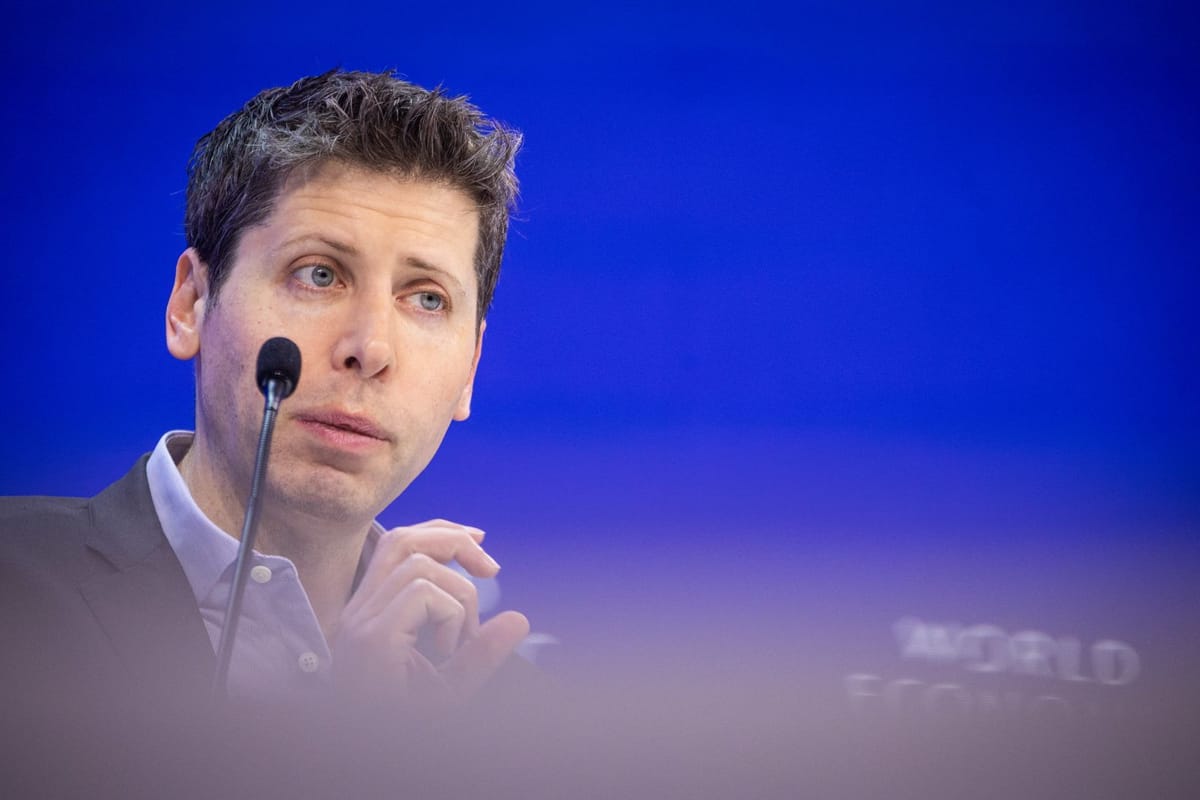OpenAI says DeepSeek copied its AI. The Internet cracks up
Claims DeepSeek distilled its AI models.

OpenAI has accused DeepSeek of copying its AI content through a method called distillation. The Internet can't stop laughing.
It's the weekend, so here's something that cracked me up earlier today amid Chinese New Year visiting.
AI 'distillation'
OpenAI claimed that it has found evidence that DeepSeek has distilled knowledge from its AI models. What is distillation?
This is best described as a student-teacher process where a student asks millions of questions, using the data to mimic the reasoning process of the teacher model.
In a nutshell, OpenAI is saying DeepSeek stole the knowledge from its AI models.
But is it legal?
To be clear, distillation is not illegal. However, it would go against OpenAI's terms of service, which specifically prohibits the programmatic extraction of data or use output to develop competing AI models.
You know, like how OpenAI violated the terms and conditions of YouTube, countless news websites, and all the copyright-protected articles and stories it used without permission.
By the way, AI firms say they are applying the "fair use" exception to copyright law to sponge up all content on earth for AI - including, I'm sure, the thousands of published articles I wrote over the last 15 years.
Cry me a river
As you can imagine, OpenAI's claims didn't get much sympathy from journalists and writers around the world, who penned down what they really thought of it.
I'm supposed to only say nice things this season, so I shall quote what they wrote instead. My favourite is without a doubt Marina Hyde's opinion piece on The Guardian.
Marina started by describing an episode on America's Dumbest Criminals where a man called the cops about his stolen car - only for it to turn out he’d stolen it from someone else in the first place.
Cough, cough.
Another nugget:
You have a wonderful weekend ahead.
Read Marina's piece here.




